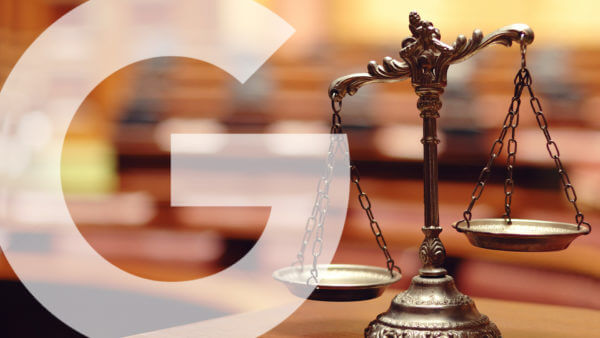UK court to Google: Expose algorithm or withdraw key piece of defense evidence
Litigant Foundem has retained an SEO as an expert and wants him to review confidential docs Google submitted in its defense.
Lawsuit started seven years ago. Filed in 2013, the case is Foundem vs. Google. Foundem is a comparison shopping engine that plaintiffs argue was punished and demoted in search results as Google pushed its own Google Shopping results. Foundem has also been a vocal critic of Google in antitrust investigations by the European Commission.
Google argued at the time, according to the Wall Street Journal, “that it ‘de-indexed’ the company because much of its content was copied from other sites, which it says leads to automatic downgrading in its search results.” The European Commission ultimately found that Google “abused its market position” and fined the company approximately $2.7 billion for favoring its own content. It was then compelled to make changes in the way it manages and presents Google Shopping results in the EU. Those revamped results have been the subject of ongoing controversy and objections by European comparison shopping engines.
Foundem comparison shopping engine

Looking behind the curtain. In parallel, the civil lawsuit has continued, reaching a climax of sorts with this dispute. Foundem retained SEO Philipp Klöckner to review Google documents submitted to the court as part of its defense in the case. The documents reportedly “explain the operation and aims of Google’s ranking algorithms, and how they have been applied to shopping comparison sites generally and Foundem in particular.”
Google objects to Klockner as an expert because he is currently a “working SEO.” The company also argues that Klöckner is biased because he consulted with other companies that gave testimony to the European Commission about Google’s alleged anti-competitive practices.
Google’s documentary evidence in support of the neutrality of its algorithm appears to be central to its defense. But the UK judge has said Google can withdraw the evidence or Klöckner must be allowed to see the documents. The judge in the case (Mr. Justice Roth) said, “If [Google] renounces reliance for its application on its evidence in accordance with paras 50-52 above, then I will not now order that Mr Klöckner be admitted to the LEO and RLEO rings . . . But if Google maintains its present course, then for the reasons I have explained I will grant the application that Mr Klöckner be admitted to those two rings until further order.”
Why we care. Google has fought hard to protect the confidentiality of its algorithm. This would be the first time, to our knowledge, that someone outside the company would have access to this information. It will be interesting to see whether Google withdraws the evidence and, if so, whether that represents a serious blow to its defense.
Regardless, the outcome of the case is still not clear. Earlier third party analysis (now offline) of Foundem’s organic search decline argued its Google rankings may have been at least partly the result of bad SEO practices rather than any manipulation of results by Google.



